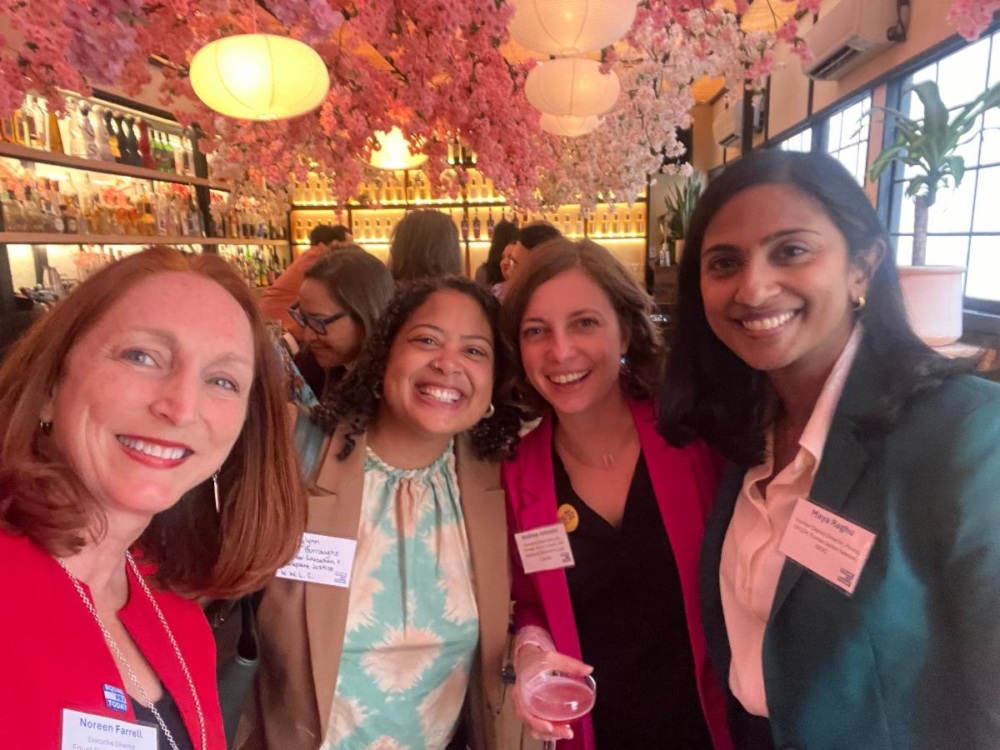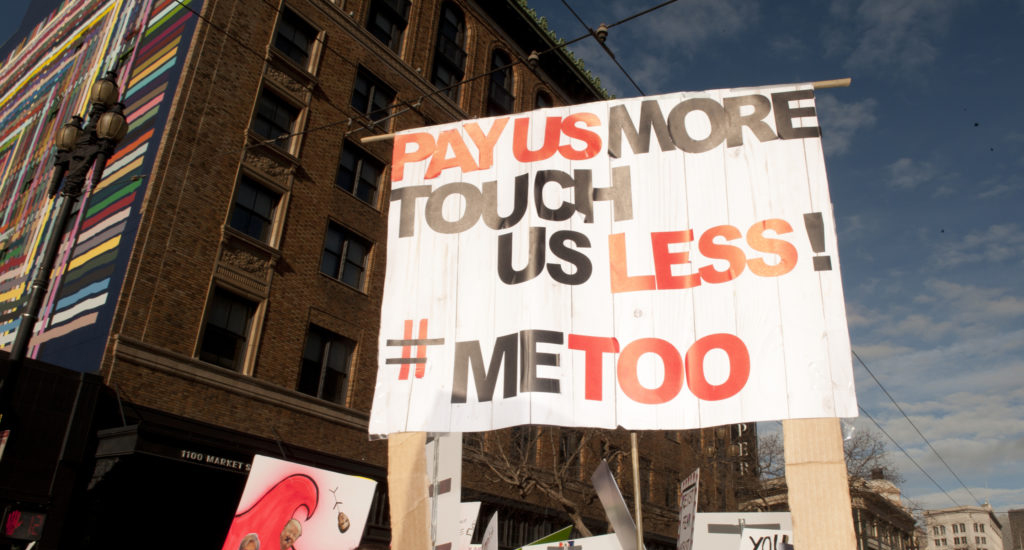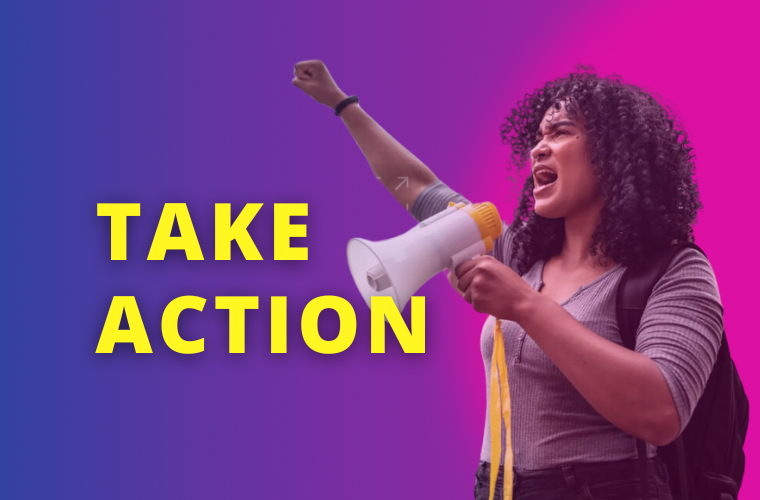

Enough with the Pay-Gap Victim Blaming
A few recent articles about the wage gap really got it wrong, and Forbes has featured more than one. But I want to focus on the recent feature by Christy Rutherford and Janice Gassam, whose critique of women and their role as contributors to the gender wage gap shows not only a lack of understanding the basics of the gender and race wage gap, but displays blatant pay gap victim blaming.
Rutherford argues that women perpetuate their own discrimination through a “self-fulfilling prophecy,” stating, “people always quote these statistics and…women think that’s the standard, and they don’t do anything to…close it…” She then proposes one of her many solutions, which is that women should focus on relationship building and not the frustration that is rampant gender and race discrimination. She further argues that when we focus on how much we are underpaid and undervalued, we help push this narrative in the workplace, essentially collaborating with our male colleagues and employers to discriminate against us.
Happy hour won’t fix systematic discrimination against women.
But let’s talk about those statistics she so easily dismissed. Black women, who on average lose $946,120 over the course of their lifetimes to the gender and race wage gaps, and $23,653 annually, by Rutherford’s view, are “asking for it” because of their inability to mentally move past being disadvantaged and discriminated against. Latina women, who make $0.53 compared to every $1 white, non-Hispanic men make, and lose $28,386 annually, should just take their bosses out to lunch. If the pay gap was eliminated, Black women would be able to afford 23 more months of rent, Latina women would be able to afford more than 3 additional years of child care, and Native women could afford more than 2.5 additional years of tuition and fees for a 4-year public university. Nevertheless, these women, according to the authors, are perpetuating their own discrimination of access to economic security by not “moving on” and recognizing when they’ve won.
But according to Rutherford, if women were golfing or getting lunch with their bosses as much as men were, then maybe they would get promoted more.
“men are promoting people that they know, like, and trust…A lot of women think that men are reluctant so [they] don’t ask…a lot of women get frustrated because [they] continue to see men who are less qualified…than them continue to get promoted over them, time and time and time again and it’s because these men have the relationship.”
And to this, I ask, should we be basing women’s pay on their relationships with their bosses and the level to which they compete with men outside of the workplace? Rutherford essentially shames women for working through their lunch and forgoing happy hour, but going out isn’t an option for every working woman.
With her circular logic, Rutherford has done what many men have done for decades–placed the burden of obtaining fair pay on the woman rather than on employers. The simple truth is: Women are doing everything they can do to achieve fair pay, and employers are the ones actively holding them back. Happy hour won’t fix systematic discrimination against women.
What if women just don’t want to be forced to go to dinner with their male co-workers as a means of achieving equal pay?
Worse, Rutherford’s insinuation that it could shows a further misunderstanding of other basic services that working women are denied because of the gender wage gap. For instance, many working women are mothers who do not receive adequate paid leave, nor can they afford proper child care, making going out to social gatherings impossible. Further, we have to ask, what if women just don’t want to be forced to go to dinner with their male co-workers as a means of achieving equal pay? We know that the gender wage gap is not independent of sexual harassment, and tying a woman’s economic security to men’s satisfaction from their company can make women feel as though they can’t say no to lunch because their paycheck may rely on it. And should Rutherford need some other cited statistics, in 2017 the EEOC received 26,978 claims of workplace harassment, and more than half (12,428) were sex-based. Unsurprisingly, Black women were the most likely to file a sexual harassment claim out of all ethnic and racial groups.
Instead of pushing women to hang out with their bosses outside of work, we should be teaching them salary negotiation tools or methods on how to discuss pay with their co-workers. But more than this, we need to push employers to be more transparent with their pay data, pay ranges, analyzing their data by gender, race, ethnicity, and then affirmatively closing the gaps that they find. Forbes, Christy Rutherford, and Janice Gassam owe it to their readership to understand the gender wage gap and its effects before publishing harmful, pay gap victim blaming opinions.
Stay Connected & Take Action
- Get the Latest News & Information Sign up for Email Updates
- Sign Up for Action Alerts Join the Action Team
- Follow Us


